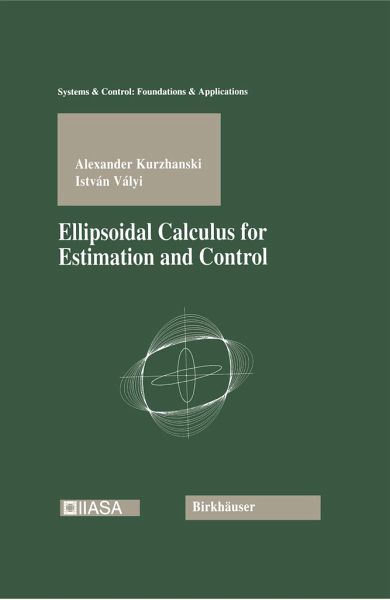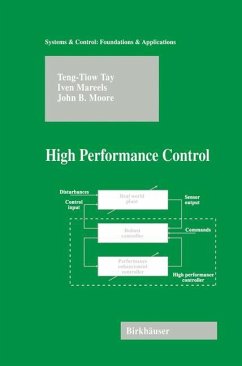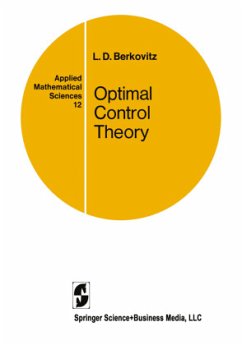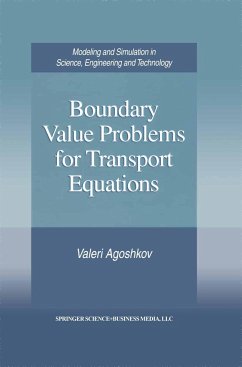Nicht lieferbar

Ellipsoidal Calculus for Estimation and Control
Versandkostenfrei!
Nicht lieferbar
It is well known that the emphasis of mathematical modelling on the basis of available observations is first -to use the data to specify or refine the mathematical model, then - to analyze the model through available or new mathematical tools, and further on - to use this analysis in order to predict or prescribe (control) the future course of the modelled process. This is particularly done by specifying feedback control strategies (policies) that realize the desired goals. An important component of the overall process is to verify the model and its performance over the actual course of events...
It is well known that the emphasis of mathematical modelling on the basis of available observations is first -to use the data to specify or refine the mathematical model, then - to analyze the model through available or new mathematical tools, and further on - to use this analysis in order to predict or prescribe (control) the future course of the modelled process. This is particularly done by specifying feedback control strategies (policies) that realize the desired goals. An important component of the overall process is to verify the model and its performance over the actual course of events. The given principles are also among the objectives of modern control theory, whether directed at traditional (aerospace, mechanics, regula tion, technology) or relatively new applications (environment, popula tion, finances and economics, biomedical issues, communication, and transport) . Among the specific features of the controlled processes in the mentioned areas are usually their dynamic nature and the uncertainty in their de scription.










